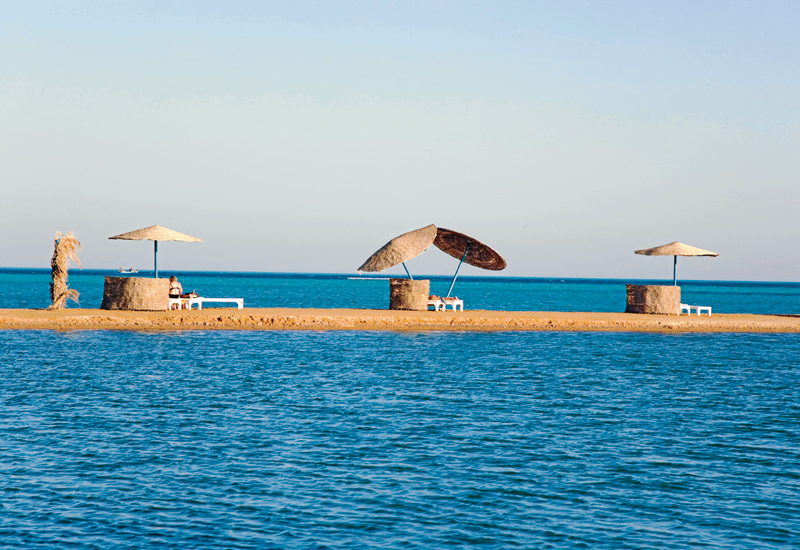Is green the new black in the world of hospitality and can hotels push the boundaries of sustainability while keeping costs low? Kathi Everden assesses the extent of environmental measures underway in the Middle East hotel sector
As a snapshot of commitment to the environment of the region’s hospitality sector, look at the number of Middle East hotels registered with the UN-backed EarthCheck, designed to benchmark and certify green properties — there are four Gulf members, all in Dubai, plus a further 21 in Egypt.
This compares with the figures from five years ago, when only one hotel in Dubai qualified as well as 14 in Egypt.

| Advertisement |
It’s a poor showing, although perhaps indicative of fewer moves towards certification than actual commitment to the environment — and omits corporate strategy of the global groups.
Indeed, there is great confusion regarding benchmarking, with several different systems in play, including Green Key, EarthCheck and Green Globe, and even at official levels there is still need for more clarification, with the International Tourism Partnership and World Travel & Tourism Council last month announcing a new initiative to standardise calculations on carbon measurements to help boost efforts to reduce the much publicised carbon footprint of travelling.
“Many hotel chains globally have set carbon reduction targets,” said WTTC president, David Scowsill. “Through this initiative the industry is furthering its commitment to corporate and individual consumers by helping them to understand their carbon footprint.”
And, while not located locally, it is heartening that the first carbon neutral hotel worldwide is the Emirates’ owned and operated Wolgan Valley Resort & Spa in Australia, certified as such for the second year when it achieved a surplus of carbon credits.
The resort capitalised on sustainability practices at Al Maha in Dubai, arguably the first green hotel in the region, and was nominated by WTTC as an outstanding case study in the blueprint for future eco-friendly tourism.
Overall, however, the regional hospitality sector has been slow to adapt green principles, even down to the very natural conversion to solar power that the climate might have mandated.
“The Middle East does have some catching up to do when compared to more developed markets, and it’s incredibly important that all government and big corporate organisations commit time and resources to improve on the green initiatives in the region … but it is changing, and at Rezidor we hope we are leading the way,” says area VP, Marko Hytönen.
Not only is sustainability a win-win situation — saving both energy and money — but it is increasingly necessary as consumers are demanding proof of sustainability credentials.
A recent survey by TUI Travel in eight major markets revealed that one in two holidaymakers would book a more sustainable holiday if it were readily available, while two in three would change their behaviour while away if it helped the environment.
As a result, TUI UK, for instance, has set a target for 90% of the hotels that are featured in its holiday programmes to be Travelife certified by 2014.
A survey by TripAdvisor in the US, meanwhile, revealed that nearly half of respondents would take eco-friendly factors in to consideration when making travel plans and a MindClick SGM survey of members of the Association of Corporate Travel Planners revealed that 65% were in various stages of implementing green business travel guidelines.









 Search our database of more than 2,700 industry companies
Search our database of more than 2,700 industry companies









